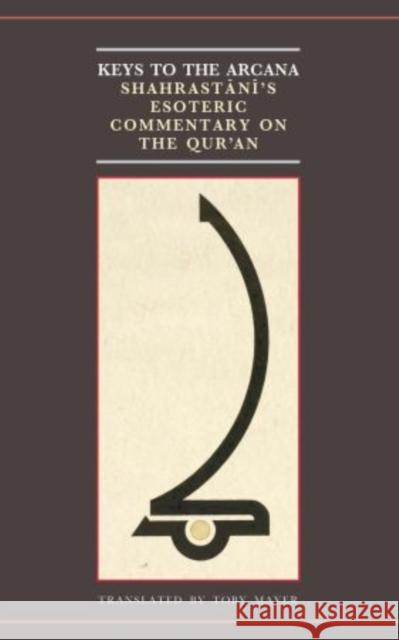Aims, Methods and Contexts of Qur'anic Exegesis (2nd/8th-9th/15th Centuries) » książka
Aims, Methods and Contexts of Qur'anic Exegesis (2nd/8th-9th/15th Centuries)
ISBN-13: 9780199670642 / Angielski / Twarda / 2014 / 480 str.
Medieval interpretations of the Qur'an often serve as points of reference for Muslim thought; yet Qur'an commentaries were shaped not only by the Qur'an itself, but also by their authors' ideological viewpoints, their theories of interpretation, their methods, and the conventions of the genre. This volume is the first to focus solely on the complicated relationship between exegetes' theoretical aims, their practical methods of writing, and the historical and intellectual contexts of Qur'an commentaries (tafsir). Experts in various aspects of the Qur'an and its interpretation have contributed essays, spanning the 2nd/8th to the 9th/15th centuries, the period in which the commentarial tradition developed and flourished. They emphasise the ways in which geography, human networks, hermeneutical systems and genre boundaries affected the writing of these texts. This volume offers fresh analytical perspectives and addresses new methods for the study of tafsir. It also provides resources for scholars, by including editions and translations of the introductions to al-Basit of Abu'l-Hasan 'Ali al-Wahidi (d. 486/1076) and the Tahdhib fi Tafsir al-Quran of al-Hakim al-Jishumi (d. 494/1101), as well as translated selections from the introduction to the tafsir of 'Abd al-Razzaq al-Kashani (d. 736/1336). The detailed studies in this volume will help scholars and students alike to comprehend accurately the purpose and content of Qur'an commentaries individually and as a genre.











